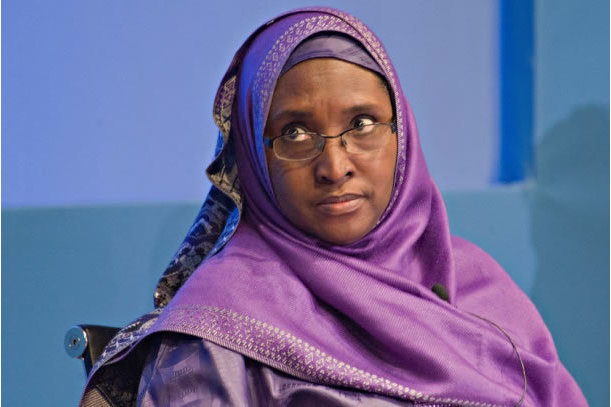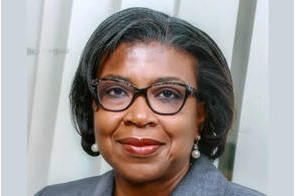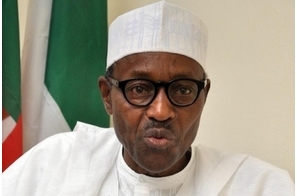Latest News
Nigeria's public debt rises by 12.25 per cent to N24.39 trillion

News Highlight
Nigeria’s total public debt stood at N22.43 trillion as of September 30, 2018.
Nigeria’s Debt Management Office (DMO) released the country’s Public Debt Data for 2018, which shows that total public debt stood at N24.387 trillion ($79.437 billion) as at December 31, 2018. This represents a year-on-year increase of 12.25 per cent from the N21.7 trillion ($70.92 billion) debt stock recorded as of December 31, 2017.
On a quarterly basis, Nigeria’s total public debt rose by 8.74 per cent from N22.43 trillion recorded as of September 30, 2018. The country’s total public debt comprises of the debt stock of the federal government and the state governments, including the federal capital territory (FCT). The federal government’s domestic debt stock, according to the DMO, includes N331.12 billion promissory notes issued to oil marketing companies and state governments in December 2018.
According to the report released on Friday, the total debt stock of the federal government stood at N19.16 trillion, of which N6.460 trillion was external debt and N12.7 trillion was domestic debt. The 36 states and FCT, on the other hand, recorded a debt stock of N5.152 trillion in 2018, of which N3.853 trillion was domestic debt and N1.299 trillion was external debt.
The DMO noted that progress has been made towards achieving a debt stock mix that will entail 60 per cent of total debt as domestic debt and 40 per cent as external debt. According to the DMO, the share of domestic debt dropped to 68.18 per cent from 73.36 per cent as at December 31, 2017, thereby recording a debt stock mix of 68.18 per cent and 31.82 per cent.
The African Development Bank (AfDB) had earlier reported that the rising external debt profile of African countries is worrisome. “Average external debt is rising in the region and has nearly doubled over the past six years to 23.6 per cent of GDP as at the end of February 2019, compared with the 13.5 per cent recorded in 2013,” said Ebrima Faal, AfDB’s Senior Director, Nigeria Country Department. “African countries must watch their commitments going forward.”
According to the DMO, the strategy of using relatively cheaper and longer-tenor external funds is achieving the expected objectives. Part of these objectives include increasing the external reserves, extending the average tenor of the debt stock in order to reduce refinancing risk and creating more space for other borrowers in the domestic market. This strategy informed the injection of N855 billion through the redemption of Nigerian treasury bills in 2018 and a general drop in the federal government’s borrowing rate in the domestic market from over 18 per cent per annum in 2017 to 14-15 per cent per annum in 2018.
The Director-General of the DMO, Patience Oniha, while presenting the report, highlighted the agency's plans for 2019. “Some of our major plans in 2019 is to undertake more project-tied borrowing from concessional sources,” she said. “For the first time, we will be issuing a 30-year federal government bond. The issuance of the bond will meet the needs of annuity funds and other long-term investors while also developing the domestic capital market and reducing the refinancing risk of the federal government.”
She added that the DMO will also focus on the management of risks associated with the debt stock to mitigate debt service costs.
Related News
Latest Blogs
- Lessons of Lekki massacre for Nigerian business leaders
- AI solutions for improved poultry and fish production
- Between strong labour union and weak industry
- Nigeria and the International Oil Pollution Compensation Fund
- Prospects of Islamic finance in upscaling off‑grid renewable solutions in Nigeria
Most Popular News
- NDIC pledges support towards financial system stability
- Artificial intelligence can help to reduce youth unemployment in Africa – ...
- Africa Finance Corporation closes record $1.5 billion syndicated loan
- Verod Capital exits Tangerine Pensions, sells stake to APT Securities
- New discovery offers hope against devastating groundnut disease
- Prospect of rally dampens after oil prices tumble








